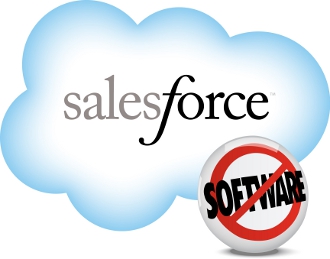 Salesforce has brought out Social.com which it reckons will transform advertising – being what it claims as the first social advertising application which integrates social ads with CRM.
Salesforce has brought out Social.com which it reckons will transform advertising – being what it claims as the first social advertising application which integrates social ads with CRM.
The application will allow agencies to run social advertising campaigns on Facebook and Twitter in conjunction with real time responses from customers and social listening, which Salesforce touts as a way to utilise data to maximise dollar return on ads.
Part of Salesforce Marketing Cloud, Social.com will let advertisers create optimise and ultimately automate the social advertising campaigns. The differentiator, Salesforce says, is that the competition mostly offers outsourced services, however, Social.com is here for agencies and advertisers to use themselves.
Using Social.com, Salesforce claims brands will be able to put together and launch social advertising on scale in mobile, as well as optimising them by testing and targeting different placement and creative combinations, then use data from Facebook and Twitter to figure out where to go next.
Social.com will also allow advertisers to alter advertising spend automatically, and automate how it is allocated using real time optimisation decisions.
Marketers will also be able to use Social.com to put offline and online purchase data side by side, as well as other useful data like customer loyalty, contest data, whitepaper downloads, and active campaigns. The idea is providing a bridging connection to existing and potential customers.
Social.com is generally available now, while real time customer data and listening should be generally available this Summer.
 Microsoft and Adobe are launching a new platform to take on the market dominance of Salesforce.
Microsoft and Adobe are launching a new platform to take on the market dominance of Salesforce.












